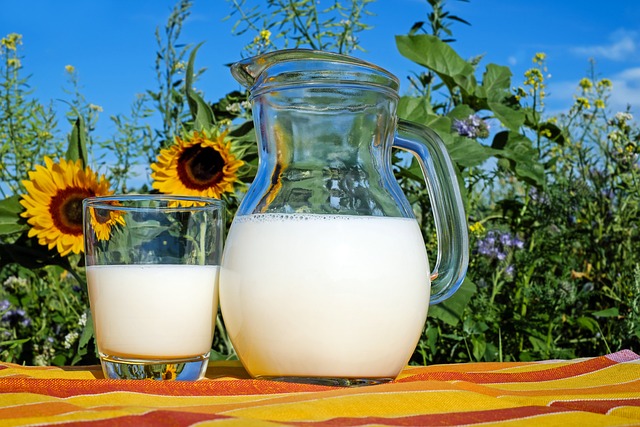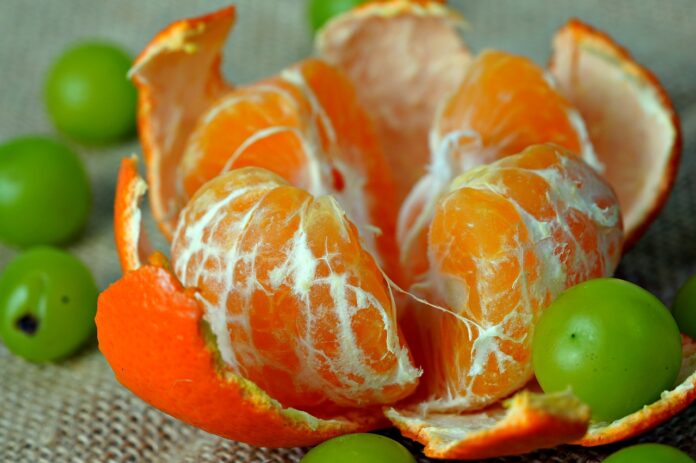Introduction
Dental health is a crucial aspect of overall well-being, yet it is often overlooked. A healthy diet plays a significant role in maintaining optimal dental health. Understanding how different foods and nutrients affect your teeth and gums can help you make better dietary choices and prevent common dental problems such as cavities, gum disease, and tooth decay. This article explores the connection between diet and dental health, highlighting the best and worst foods for your teeth and offering tips for maintaining a dental-friendly diet.

The Connection Between Diet and Dental Health
Diet influences dental health in several ways. The food you eat affects the amount of plaque on your teeth, the pH balance in your mouth, and the strength of your enamel. Here’s how:
- Plaque Formation: Certain foods, especially sugary and starchy ones, contribute to plaque formation. Plaque is a sticky film of bacteria that forms on your teeth and gums, leading to cavities and gum disease if not properly managed.
- pH Balance: The pH level in your mouth can influence the health of your teeth. Acidic foods and beverages can lower the pH, leading to enamel erosion and increased susceptibility to cavities.
- Nutrient Intake: Essential nutrients like calcium, phosphorus, and vitamins play a vital role in maintaining strong teeth and healthy gums. A deficiency in these nutrients can weaken your dental health over time.
Best Foods for Dental Health
1. Dairy Products
Dairy products such as milk, cheese, and yogurt are excellent for dental health. They are rich in calcium and phosphorus, which help strengthen tooth enamel. Cheese, in particular, can help balance the pH in your mouth, reducing the risk of enamel erosion.
2. Crunchy Fruits and Vegetables
Fruits and vegetables like apples, carrots, and celery act as natural toothbrushes. Their fibrous texture stimulates saliva production, which helps wash away food particles and neutralize acids. Additionally, they provide essential vitamins and minerals that support gum health.
3. Leafy Greens
Leafy greens such as spinach and kale are packed with vitamins and minerals that promote dental health. They are high in calcium, folic acid, and B vitamins, which contribute to strong teeth and gums. Including a variety of leafy greens in your diet can help protect against gum disease and other oral health issues.
4. Nuts and Seeds
Nuts and seeds, including almonds, walnuts, and chia seeds, are great for your teeth. They provide calcium, phosphorus, and magnesium, essential minerals for maintaining strong enamel. Chewing nuts also stimulates saliva production, which helps clean your mouth.
5. Green and Black Tea
Tea contains compounds called polyphenols that help reduce plaque buildup and fight bacteria in the mouth. Green and black tea can also help maintain a healthy pH balance in your mouth. However, it’s important to consume tea without added sugar to avoid counteracting its benefits.
Worst Foods for Dental Health
1. Sugary Snacks and Beverages
Sugary snacks and drinks, such as candy, soda, and fruit juices, are some of the worst culprits for dental health. The sugar in these foods feeds harmful bacteria in your mouth, leading to plaque formation and cavities. Additionally, the acids in sugary drinks can erode tooth enamel.
2. Starchy Foods
Starchy foods like chips, bread, and pasta can stick to your teeth and break down into sugars, contributing to plaque buildup. If you consume these foods, it’s important to brush and floss thoroughly to remove any residue.
3. Acidic Foods and Drinks
Acidic foods and beverages, including citrus fruits, tomatoes, and wine, can lower the pH in your mouth and erode tooth enamel over time. While these foods can be part of a healthy diet, it’s essential to rinse your mouth with water afterward and wait at least 30 minutes before brushing your teeth to avoid further enamel damage.
4. Sticky Foods
Sticky foods like dried fruits, caramel, and gummy candies can cling to your teeth and are difficult to remove, increasing the risk of cavities. If you enjoy these foods, make sure to brush and floss soon after eating.
Tips for Maintaining a Dental-Friendly Diet
- Limit Sugary and Acidic Foods: Reduce your intake of sugary and acidic foods and beverages. Opt for water, milk, or unsweetened tea instead of sugary drinks, and choose fresh fruits over dried or canned ones.
- Chew Sugar-Free Gum: Chewing sugar-free gum can help increase saliva production, which aids in cleaning your mouth and neutralizing acids. Look for gum containing xylitol, a natural sweetener that can help prevent cavities.
- Stay Hydrated: Drinking plenty of water throughout the day helps wash away food particles and bacteria, keeping your mouth clean and reducing the risk of cavities and gum disease.
- Practice Good Oral Hygiene: Brush your teeth at least twice a day with fluoride toothpaste, floss daily, and visit your dentist regularly for checkups and cleanings. Proper oral hygiene complements a healthy diet and helps maintain optimal dental health.
- Include Dairy and Leafy Greens: Make dairy products and leafy greens a regular part of your diet to ensure you’re getting enough calcium and other essential nutrients for strong teeth and gums.
The Importance of a Balanced Diet
A balanced diet not only benefits your overall health but also plays a critical role in maintaining dental health. By incorporating a variety of nutrient-rich foods and avoiding those that harm your teeth, you can support healthy teeth and gums for life.
1. Calcium and Phosphorus
Calcium and phosphorus are vital minerals for dental health. They help build and maintain strong tooth enamel. Dairy products, leafy greens, nuts, and seeds are excellent sources of these minerals.
2. Vitamin D
Vitamin D is crucial for calcium absorption and bone health, including your teeth. Sunlight exposure, fatty fish, and fortified foods like milk and cereal can help you get enough vitamin D.
3. Vitamin C
Vitamin C is essential for gum health. It helps maintain the connective tissues that hold your teeth in place. Citrus fruits, strawberries, bell peppers, and broccoli are rich in vitamin C.
4. Vitamin A
Vitamin A supports the health of your gums and soft tissues in your mouth. It also helps in the production of saliva, which naturally cleans your mouth. Sweet potatoes, carrots, and spinach are excellent sources of vitamin A.
5. Antioxidants
Antioxidants found in foods like berries, nuts, and green tea can help protect your gums and other tissues in your mouth from bacterial infection and inflammation.
External Resources for Further Reading and Watching
To deepen your understanding of the role of diet in dental health, here are some external resources you can explore:
Articles and Websites
- American Dental Association – Nutrition: What You Eat Affects Your Teeth
- Colgate – Nutrition and Oral Health
- Healthline – The Best Foods For Your Teeth
- WebMD – Foods for Great Oral Health
YouTube Videos
- Nutrition and Oral Health | Dental Diet Tips
- Top 10 Best Foods For Your Teeth | Best Foods For Dental Health
- How Diet Affects Your Oral Health
- The Role of Diet in Oral Health
Conclusion
Maintaining dental health requires more than just brushing and flossing. A well-balanced diet rich in essential nutrients can significantly contribute to healthy teeth and gums. By choosing the right foods and avoiding those that harm your dental health, you can prevent cavities, gum disease, and other oral health issues. Remember to practice good oral hygiene and visit your dentist regularly for optimal dental health.




